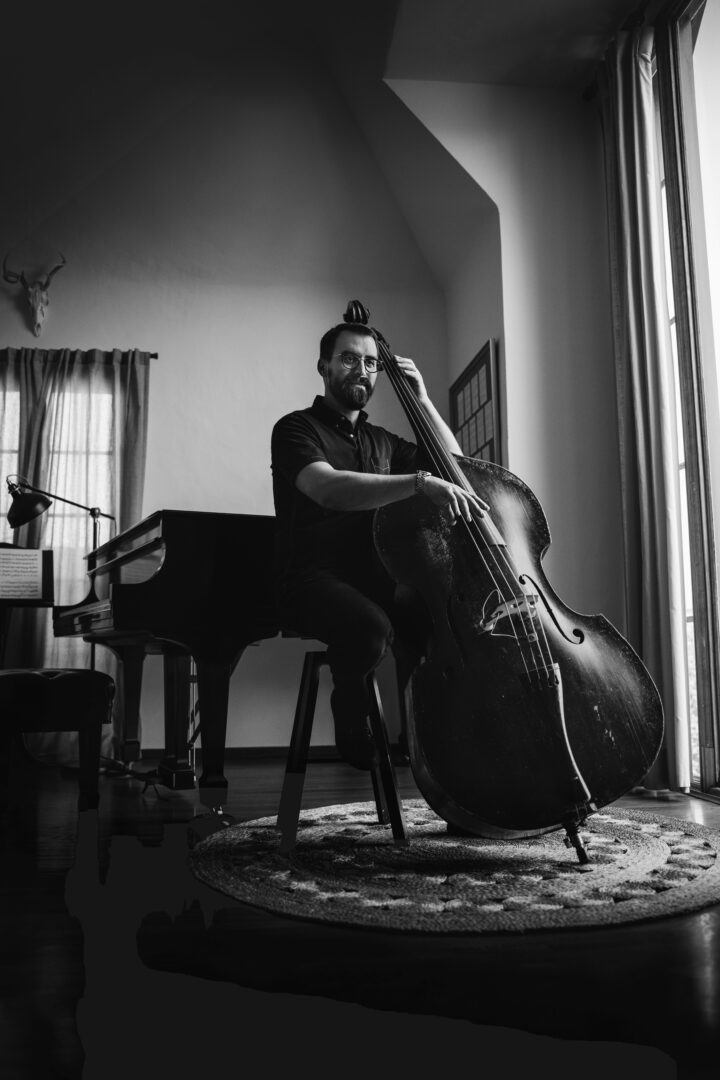Alright – so today we’ve got the honor of introducing you to Jake Leckie. We think you’ll enjoy our conversation, we’ve shared it below.
Jake, first a big thank you for taking the time to share your thoughts and insights with us today. I’m sure many of our readers will benefit from your wisdom, and one of the areas where we think your insight might be most helpful is related to imposter syndrome. Imposter syndrome is holding so many people back from reaching their true and highest potential and so we’d love to hear about your journey and how you overcame imposter syndrome.
For many years I struggled with the fact that many of my colleagues went through a rigorous formal music education, earning degrees in performance, and having some measure of success at a young age. My path was not so straight-forward. I did not really know I wanted to be a bass player until I was out of grad school. Music has always been a big part of my life – I started piano lessons in first grade, and played in bands all through elementary and high school. I studied music “electively” and informally during my college education (at Johns Hopkins earning a BA in Anthropology with a concentration in Ethnomusicology), and grad school (at The Peabody Conservatory earning a MA in Audio Science). but I do not hold a BM or MM (music performance degrees) – I never auditioned for school, performed a recital or a jury, or was held accountable for my bass playing in an academic environment. It wasn’t until I was at my first job out of school as an audio engineer at the Banff Centre that I realized I really wanted to be spending most of my time on the “other side of the glass.”
I realize now that the knowledge one gains from earning a degree at music school can be obtained in other ways. The pursuit of the capital T truth in all of these vibrations is very personal, and school can provide some guidance, but it is really the curiosity of one’s own mind that drives it. When I was in school, I was taking elective courses and hanging out at the conservatory A LOT – so much so that many students there thought I was a music major. What I gained was a community, and also the opportunity to ask my friends what they were practicing. I did get to study privately with some of the faculty of the conservatory – my teacher during that time, Michael Formanek, was (and still is) a huge source of knowledge, support, and inspiration.
I also learned that many of my music heroes, both historic and contemporary didn’t go to school, or dropped out. A major turning point I remember was when an older musician I really respect and I used to play with in Baltimore told me, when I was in my 20s, that I didn’t need a piece of paper that said I can ~without using his expletives~ REALLY PLAY. He reminded me that Thelonious Monk didn’t make his recordings as a bandleader until he was well into his 30s, and some of his best work was recorded in his 40s. I think that in music, and perhaps in the arts in general, there is the mystique of the child prodigy. I am more of a late bloomer – I think my best work is yet to come, and I still love practicing every day because I think I am still making progress. Maybe it’s all for the best – had I gone the conservatory route (which really wasn’t an option for me because I wasn’t THAT good when I was young) I could have burnt out. It took a lot of hard work on my own, and instead of being held accountable in a classroom or recital hall, I was held accountable on the bandstand. I still take lessons, I still ask questions, and I am still learning. I keep doing it because I love the work.
Another concept that has helped me more recently is Howard Gardner’s Theory of Multiple Intelligences. I think I knew this sort of intuitively, but reading his book this summer has reinforced it. We all have different strengths. I may not be a musical genius (I know and have played with some, and it is humbling), but I have a very high level of musical intelligence, and coupled with various levels of interpersonal, intrapersonal, spatial, logical, and kinesthetic etc. intelligences I can be an asset to a musical situation. A successful band doesn’t need 4 musical geniuses – maybe it has one or two, but the rest can hang musically and provide other strengths. This should give us all hope – we are all unique in what our strengths are – no one has the exact combination of intelligences you or I have.
Lastly, my new years resolution of 2023 was “No More Imposter Syndrome.” I realized that although I may not have a piece of paper that says it, I am highly qualified for the work I do. Perhaps proof of that is I am working! And perhaps in place of that piece of paper is a discography, a list of gigs I have done, and a story of a meandering musician who has become a student of many styles and traditions.
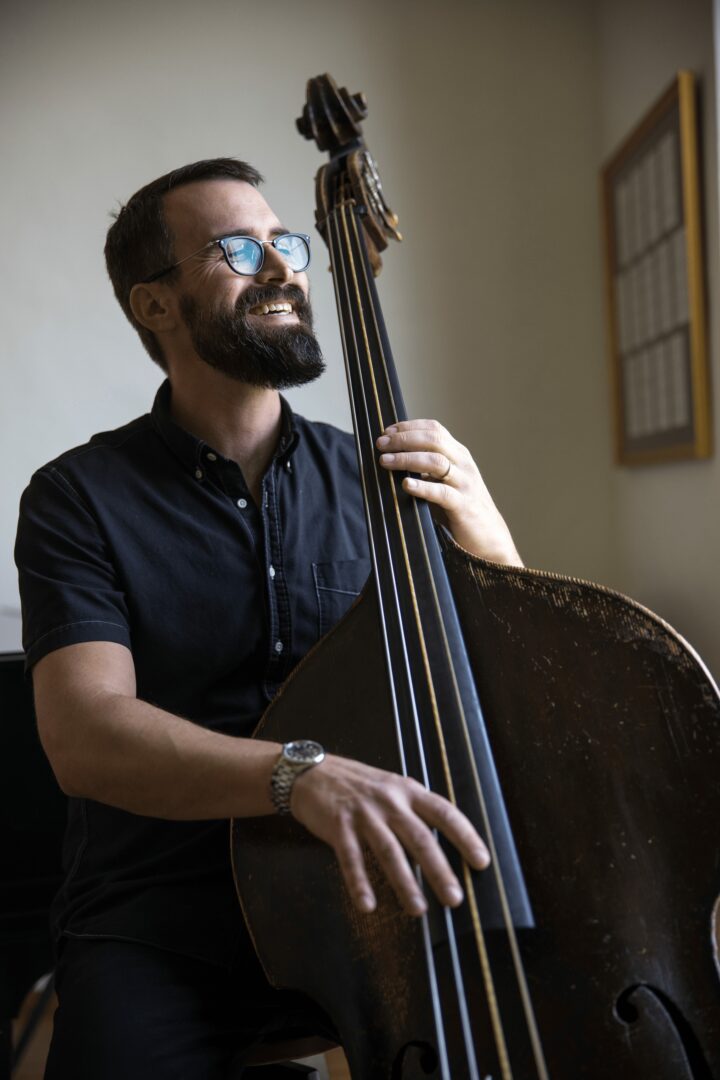
Thanks, so before we move on maybe you can share a bit more about yourself?
I just released my third album as a bandleader. Each of my albums to date, “The Abode” (2019), “The Guide” (2022), and “Planter of Seeds” (2024) feature 8 original compositions. Most of my sideman work is playing other people’s music or standards, and I am excited about contributing and sharing my own compositions. I play in a variety of musical contexts – working on film/tv scores, playing in salsa bands, jazz bands, gospel, latin, folk, and hip-hop. What excites me most about the music community I have found in LA are the composers who are writing original music for improvisers. The energy of playing a new piece of music live, and improvising over it is exhilarating. Every night is different, and I feel extremely blessed to have the opportunity to share the stage with such amazing musicians.
That’s not to say I don’t love playing standards – in fact I am currently in the planning stages of a duo album, recording standards with Ken Cook, a pianist I have been playing with since I first started playing bass (I was actually one of his first piano students 30 years ago, before I picked up the bass). I play with him like I play with no one else. Some of my favorite local gigs are calling tunes and improvising arrangements. I guess the common thread is that with each musical situation, I am excited about how we play off of one another – whether we are playing a composition written this morning and never performed (and often unrehearsed!), or one written a hundred years ago and and played a million times. Sharing that spontaneity with an audience is one of the great joys of my life, because experiencing music together in the same room is what fosters our community.
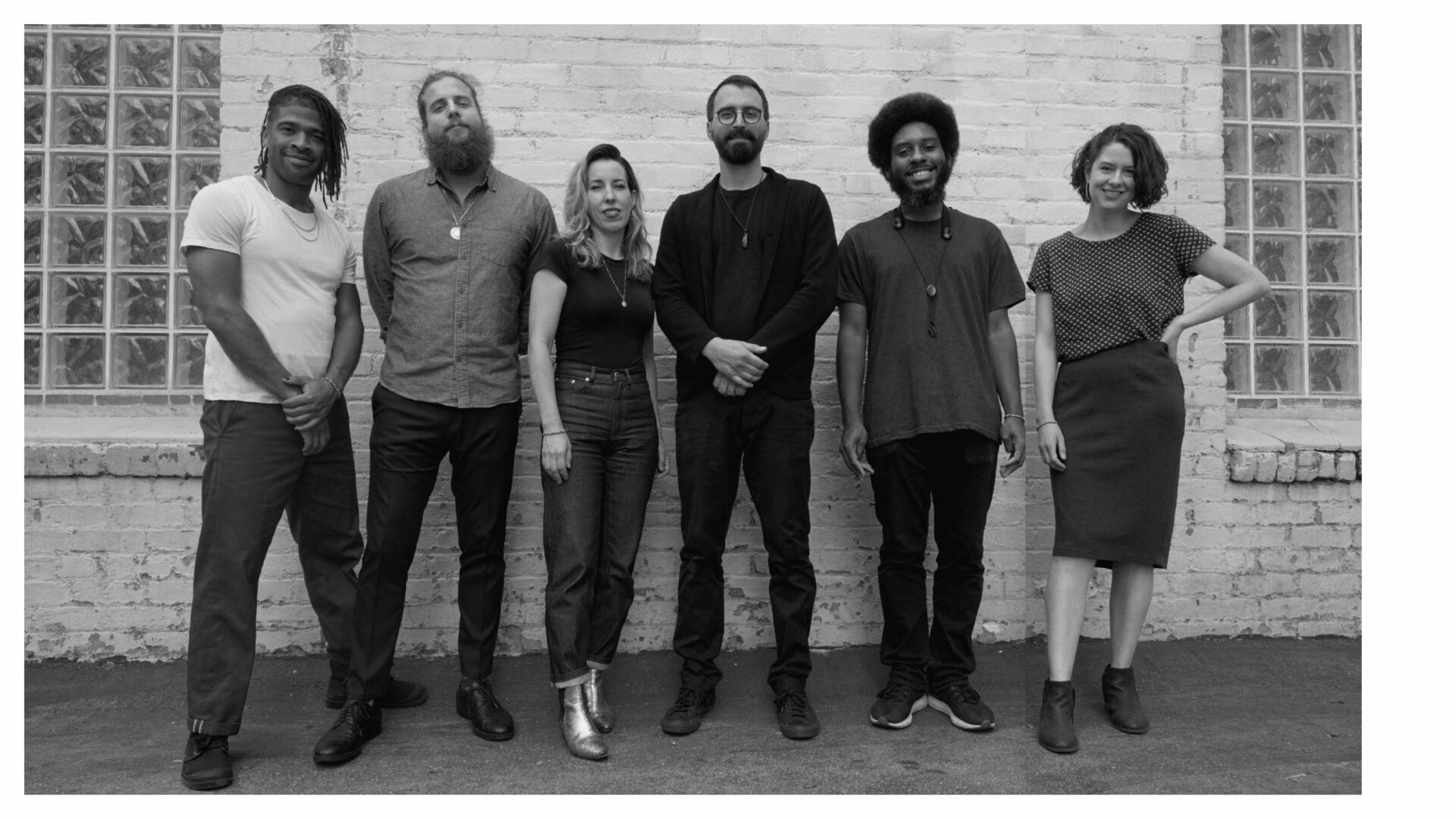
If you had to pick three qualities that are most important to develop, which three would you say matter most?
Diversify skills, diversify income – Can you be a Jack (or Jill, or Jake) of all trades, but a master of 3 or 4? As a freelancer, I think of what skills I have that I can charge a fee for (performing live, mixing a record, teaching lessons), and then think of how I can create multiple sources of income from those skills. I also think of skills that are adjacent to my field – many musicians are also great a video editing, and fixing things. When you are young, you may do several things to pay the bills, and eventually specialize in one thing that you are “known” for, but when you are starting out, keep several irons in the fire. This may be specific to my field, but I also think of what sources of income can come from my intellectual property, and exploit those (in a good way) – perhaps that is analogous to how you can create equity over time, and earn money asynchronously from investments.
Deep dive – if you love something, get into it in a deep way. Be a total nerd. For me, I love polyrhythms. I am thinking about them all the time, snapping or tapping them when I am doing other things. I still take lessons from other musicians specifically about rhythmic concept. I think this informs my playing. I have gone through periods of obsession with other things (archery) or musicians (Oscar Pettiford) and tried to learn as much about these things as I can. The things you study deeply become a part of you, and that is what you bring to the table.
Foster community – community is everything. In music, I think community elevates the art. The cliche is true – the sum is greater that the individual parts. Even if you do a lot of work on your own by yourself, getting feedback from colleagues is invaluable. Word of mouth has been everything for me – almost all of my work has come from recommendations and references.
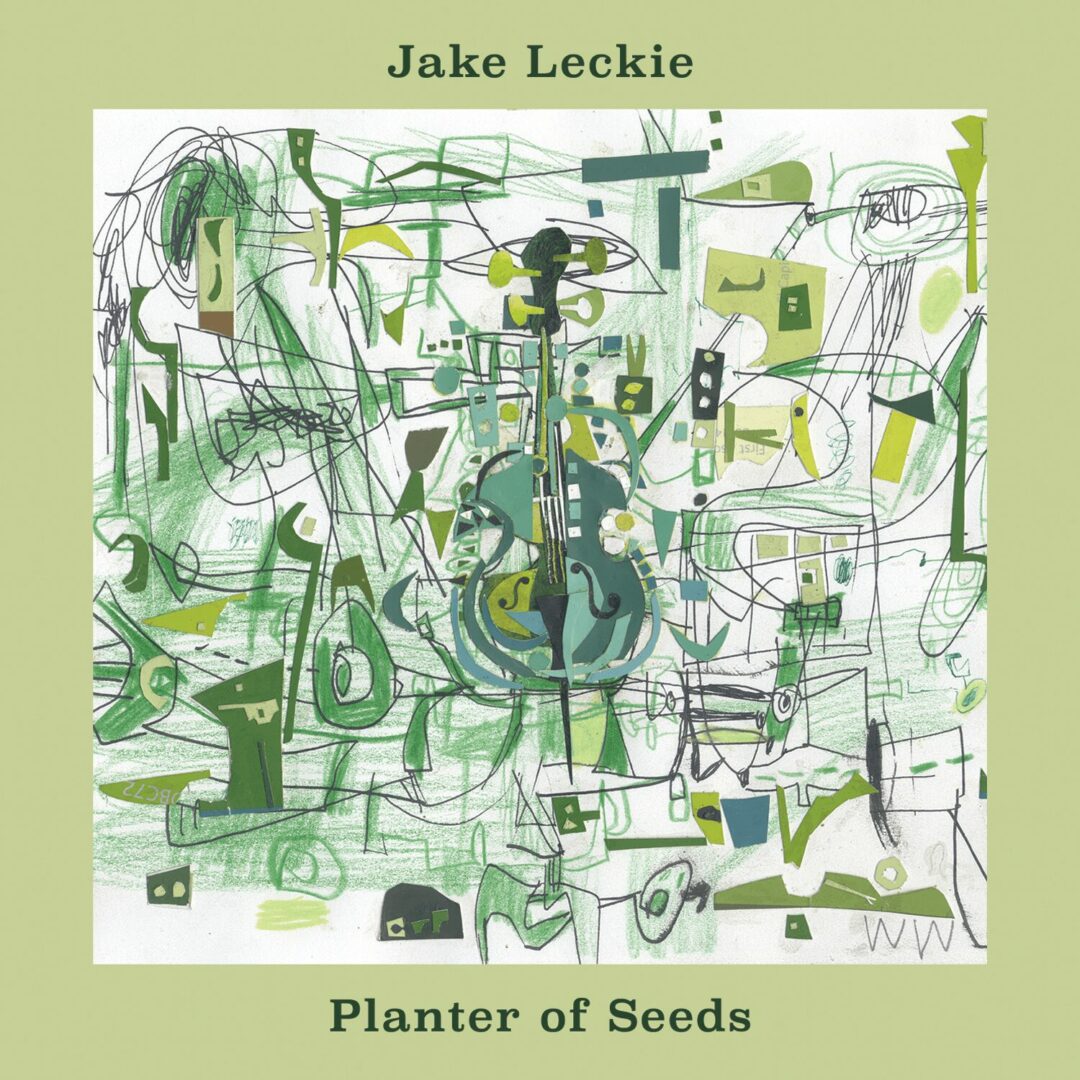
To close, maybe we can chat about your parents and what they did that was particularly impactful for you?
I am a father of 2 kids under the age of 5, and so I have been thinking about this a lot lately. I also think about this as an educator (I teach both private lessons as well as courses at high schools and colleges). I think what made my parents really great was actually a combination of what they did do, and perhaps more importantly what they didn’t do. I was a bit of a black sheep in my family as I was the only musician, so maybe they didn’t know what to do with me, and that worked to our advantage. But what they gave me was a lot of freedom, and support in any way they could. They never forced me to practice, or how to practice. When I expressed interest in piano, they got me a keyboard, and lessons also – but when I became too afraid of my first teacher (who was scary), they didn’t force it. They took me to a concert and waited back stage to meet the super fun pianist (who then became my teacher). They let me go over to my friend Eli’s house nearly every day after school starting in 7th grade to jam. They trusted me to spend long hours at the playground with my friends, “under-supervised” to today’s standards, or taking the T (we lived outside of Boston) to the record store on Newbury Street and make it home in time for dinner. This was before kids had phones, and I now see that under-supervision as being crucial in my development of independence and some “street smarts.” When I was in high school, before I could drive, they would take me to my gigs (usually late, sometimes far away, often in grungy places), and sit in a corner out of the way and let me and my friends do our thing. Looking back I realize how cool that was of them – they were in no way “stage parents.” When I could drive, they tolerated me staying out late on week nights to rehearse and play shows (as long as my grades didn’t drop). I think there was a good balance of support, but also letting me figure it out on my own.
Contact Info:
- Website: https://www.jakeleckie.com
- Instagram: https://instagram.com/jkleckie
- Facebook: https://facebook.com/jkleckie
- Youtube: https://www.youtube.com/@jkleckie
- Yelp: https://www.yelp.com/biz/bass-lessons-with-jake-leckie-los-angeles
- Soundcloud: https://soundcloud.com/jkleckie
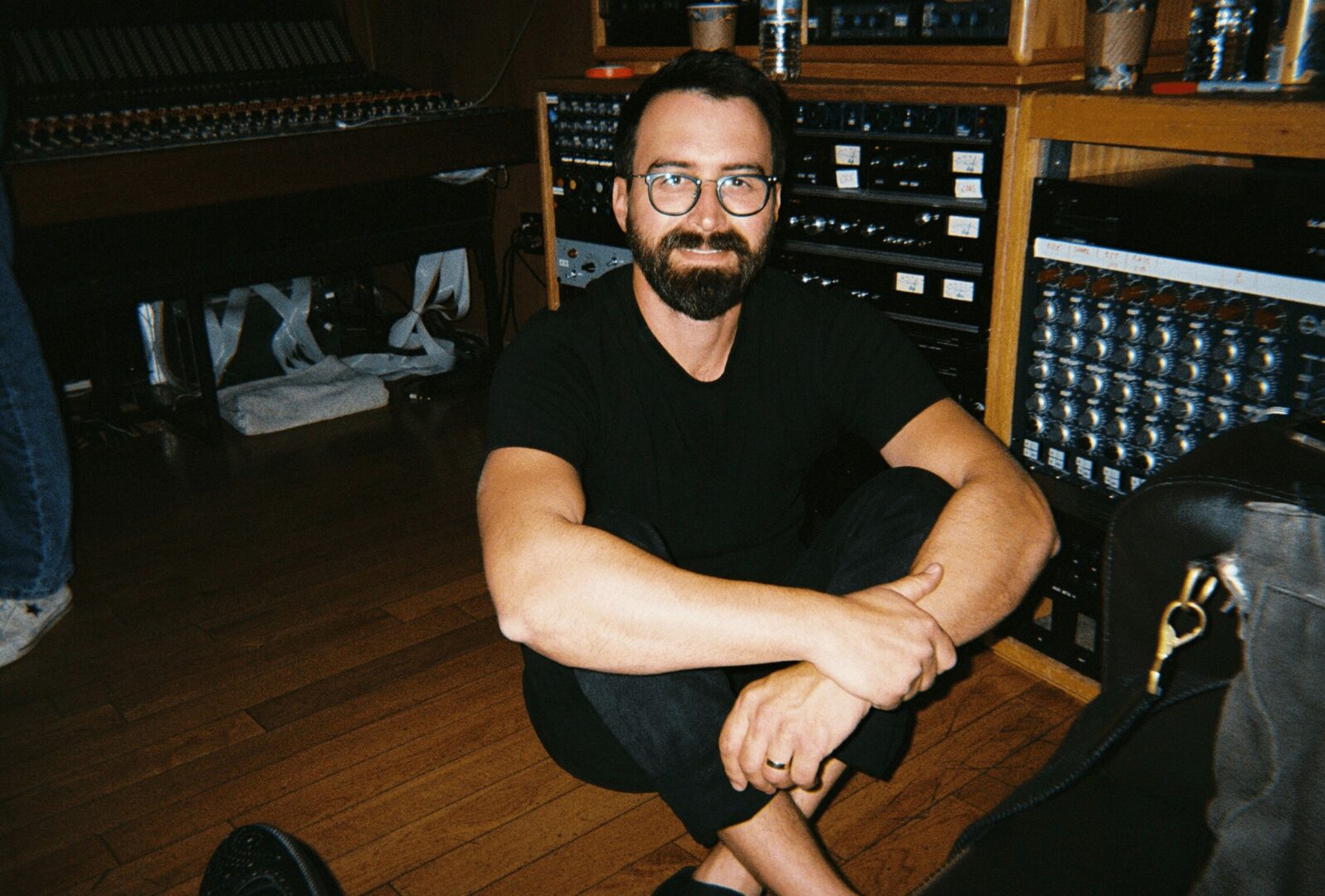
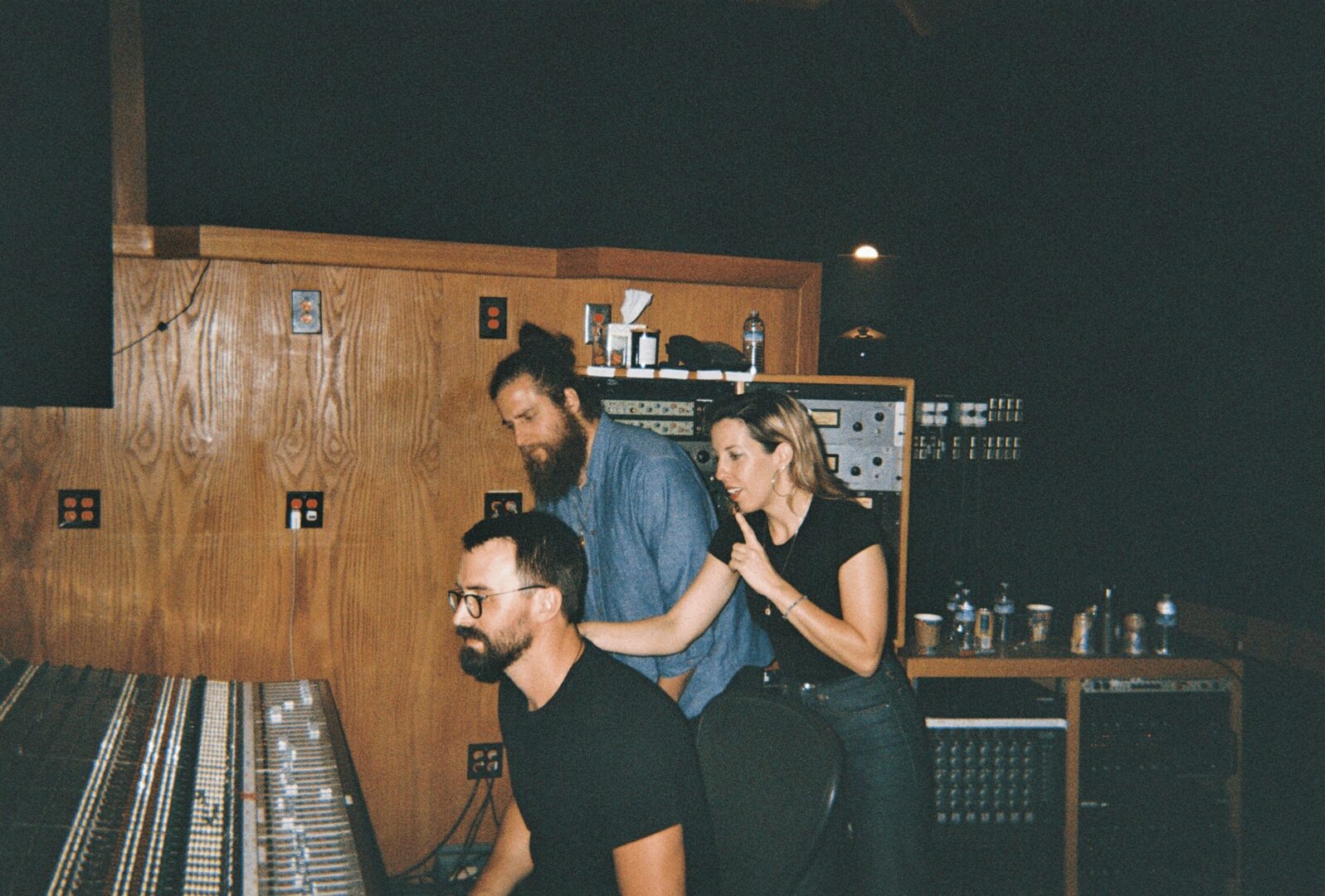
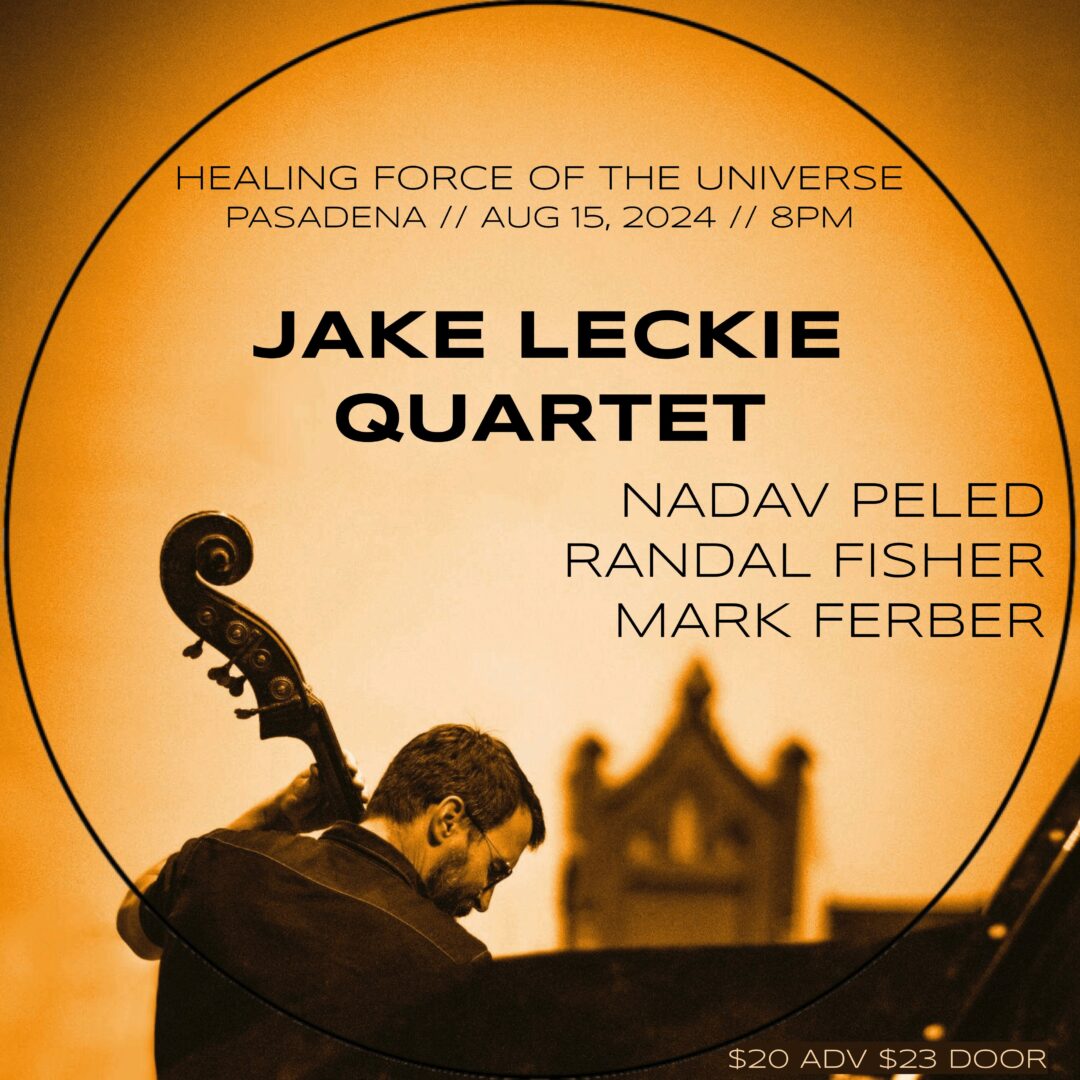
Image Credits
Brian Bixby, Wayne White, Shawn Baltazor
so if you or someone you know deserves recognition please let us know here.

